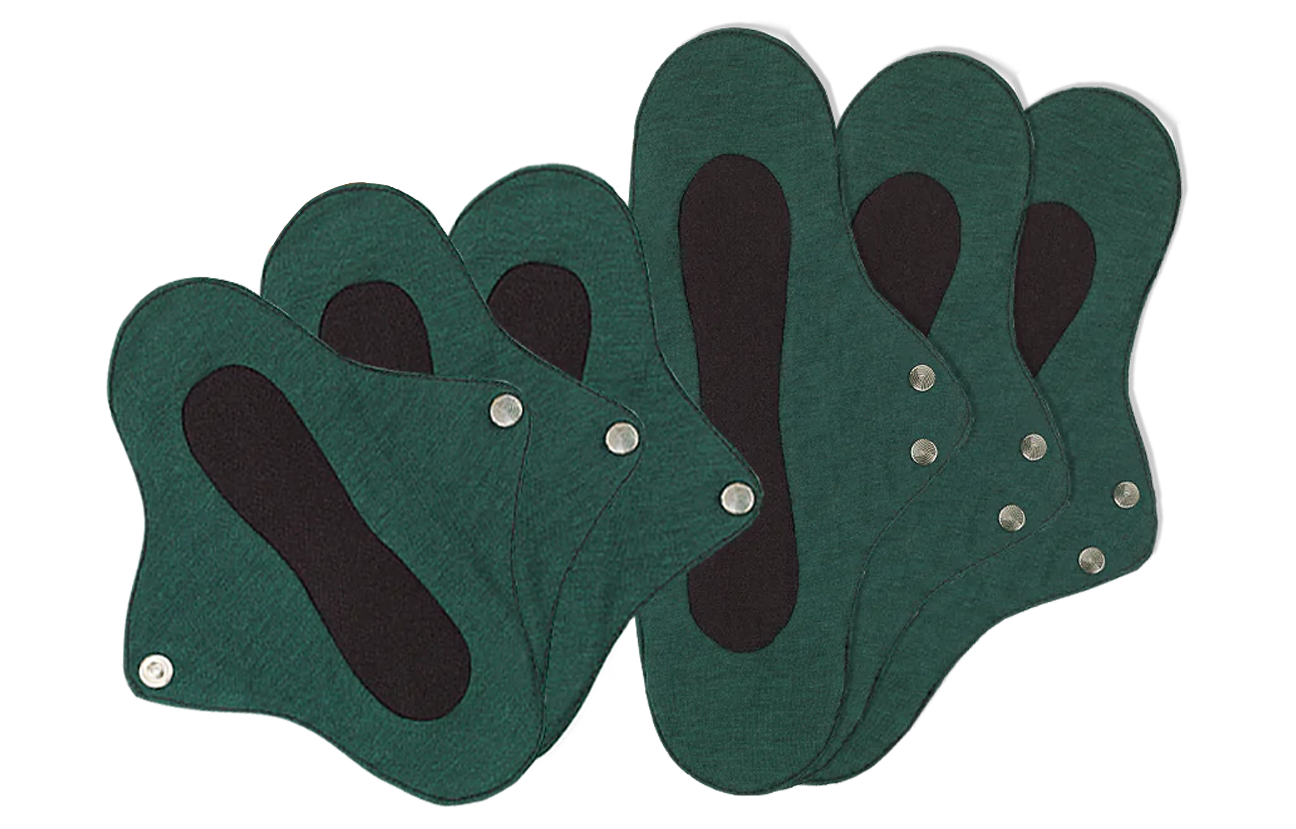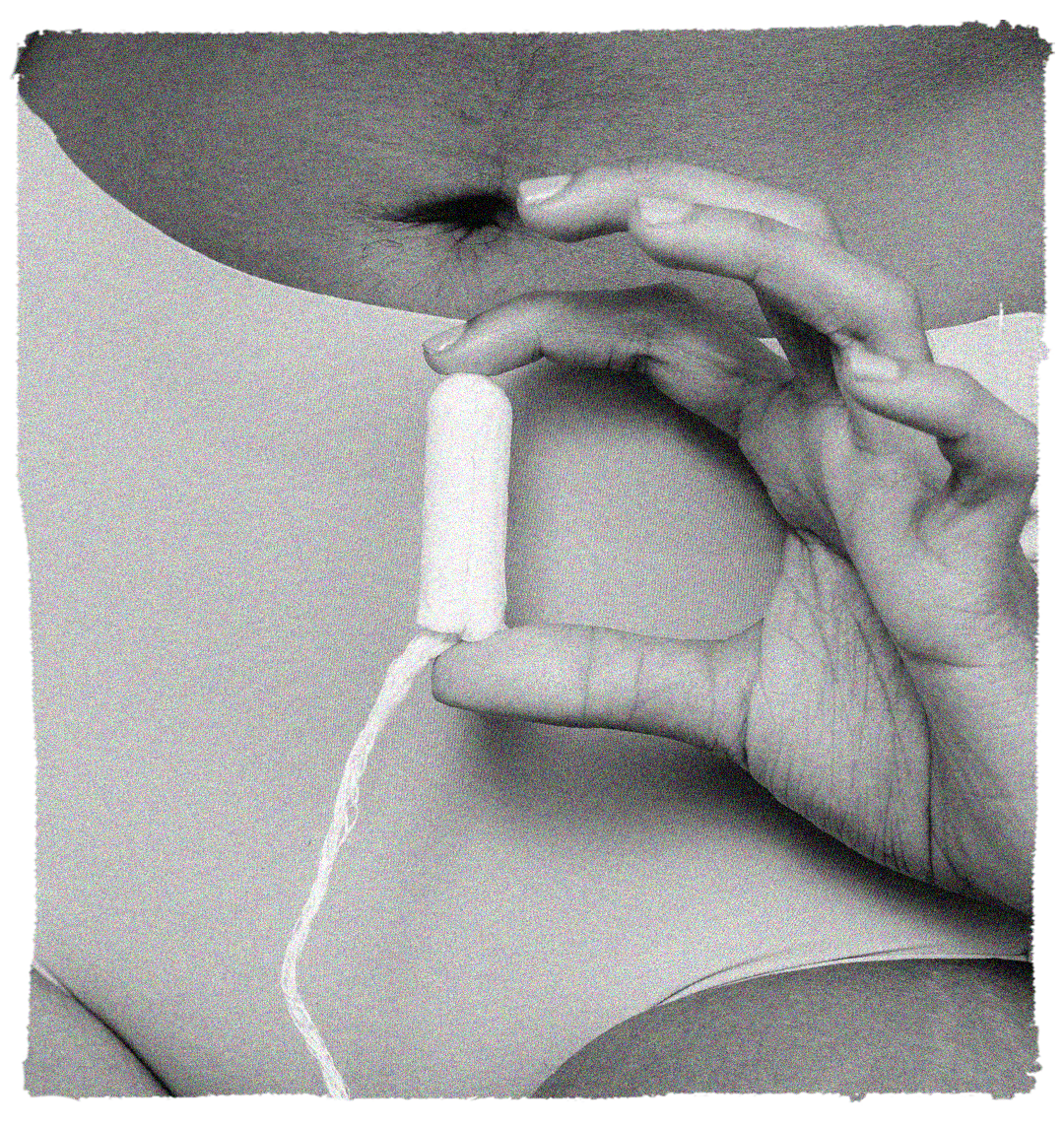Can BV affect your period?
BV doesn’t change your menstrual flow, but it can cause thin grey discharge and a fishy odour that may feel stronger around your period. If symptoms persist, recur, or come with pain or bleeding changes, speak to a clinician; BV is treated with antibiotics.
Bacterial vaginosis (BV) is a condition caused by a change in the levels of certain types of bacteria in your vagina which often results in vaginal discharge and odour. There are different kinds of healthy bacteria in your vagina and when they get out of balance, you may be susceptible to BV. It’s often caused by gardnerella vaginalis, the most common bacteria in your vagina.
BV can be instigated by hormonal changes and since these changes can impact the overall acidity and bacteria in your vagina, you might be wondering if BV can affect your period. Any sort of changes in your vagina can be stressful. Therefore, it’s important to know how different hormones and infections affect one another, and if there’s anything to be aware of to reduce the risk of infection.

The short answer
The short answer is no, BV shouldn’t affect your period. In reality, it’s more likely that your period will increase your chances of getting BV. Usually, BV is brought on by some form of hormonal change or PH imbalance in the vagina. So, where the PH level inside your vagina is usually on the acidic side (between 3.8 to 4.5), menstrual blood is more neutral (7.4) and can throw off your natural PH balance, causing infections like BV.

What if I get BV whilst on my period?
If you notice some of the common symptoms of BV during your period, don´t panic. Sometimes the hormonal changes during menstruation may cause symptoms, but often the naturally occurring good bacteria (lactobacilli) in your vagina will correct the imbalance without any medication.
That said, if symptoms continue past a few days, there’s no harm in consulting your GP. It’s possible however that your doctor won’t want to treat your symptoms until your period finishes, just to ensure it isn’t a temporary change.
We would always err on the side of caution and if you’re noticing symptoms (on or off your period) like itchiness, pain, or a strong odour, it’s best to consult your doctor.

Treating BV during your period
Although a nuisance, BV is usually fairly simple to treat and can sometimes go away without any treatment at all. The standard medical treatment for BV is a course of antibiotics, administered either orally or vaginally.
It's possible your doctor will also suggest not using tampons if you think you have BV, and instead may recommend switching to period pads. This is because some treatment courses are in the form of vaginal suppositories, and tampons would absorb the medication, making the treatment less effective.

Can BV disrupt your period?
Bacterial infections like BV shouldn’t affect your hormones and therefore won’t cause any disruptions in your menstrual cycle. It is possible that the infection may cause some spotting or bleeding which may seem like you’re getting your period, but that’s just a symptom of the infection.
It’s worth noting that if bacterial vaginosis is left untreated for a long period of time, some more serious health conditions like pelvic inflammatory disease may arise. This is why it’s always important to take notice of your monthly cycle and note any unusual changes.
How to prevent BV
It’s always important to take care of your vagina, and during your period this is even more important. PH neutral and organic tampons are a good idea to help ensure you’re not putting your vaginal bacteria under stress and helping maintain its natural environment.
We’ve said it before, but we’ll say it again, changing your tampon or pad regularly is also super important to reduce your risk of infection. Give your vagina a helping hand as much as you can!

The bottom line
Ultimately, if you do have BV during your period, it won’t affect your hormones or throw off your cycle. It may cause some irregular bleeding, burning, or itching which you may want to check with your GP to rule out other conditions.
Sometimes, your vaginal PH imbalance is out of whack, and that’s completely normal from time to time. As long as you’re practising good hygiene during your period and speak to the doctor if you have any serious symptoms or concerns, you should be BV-free!




